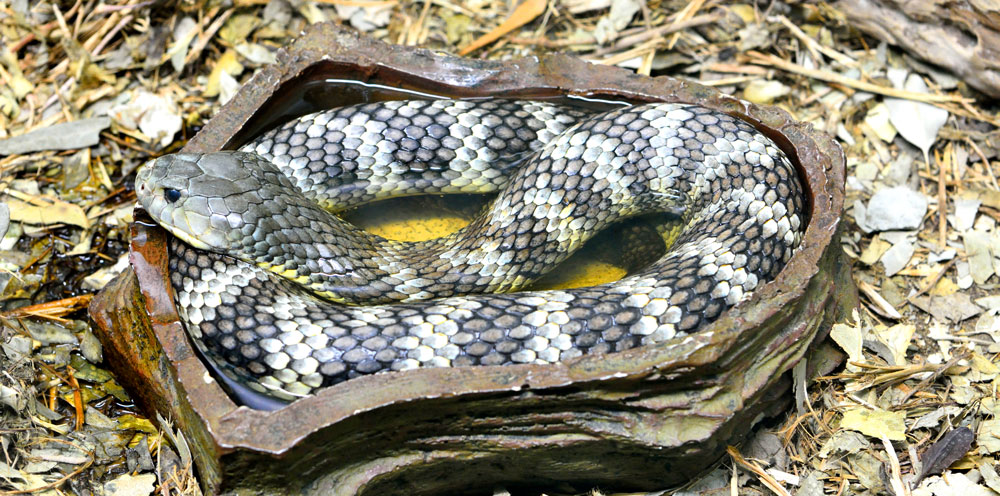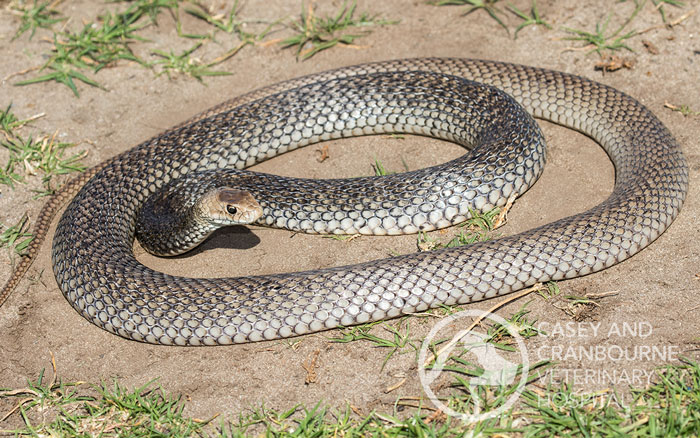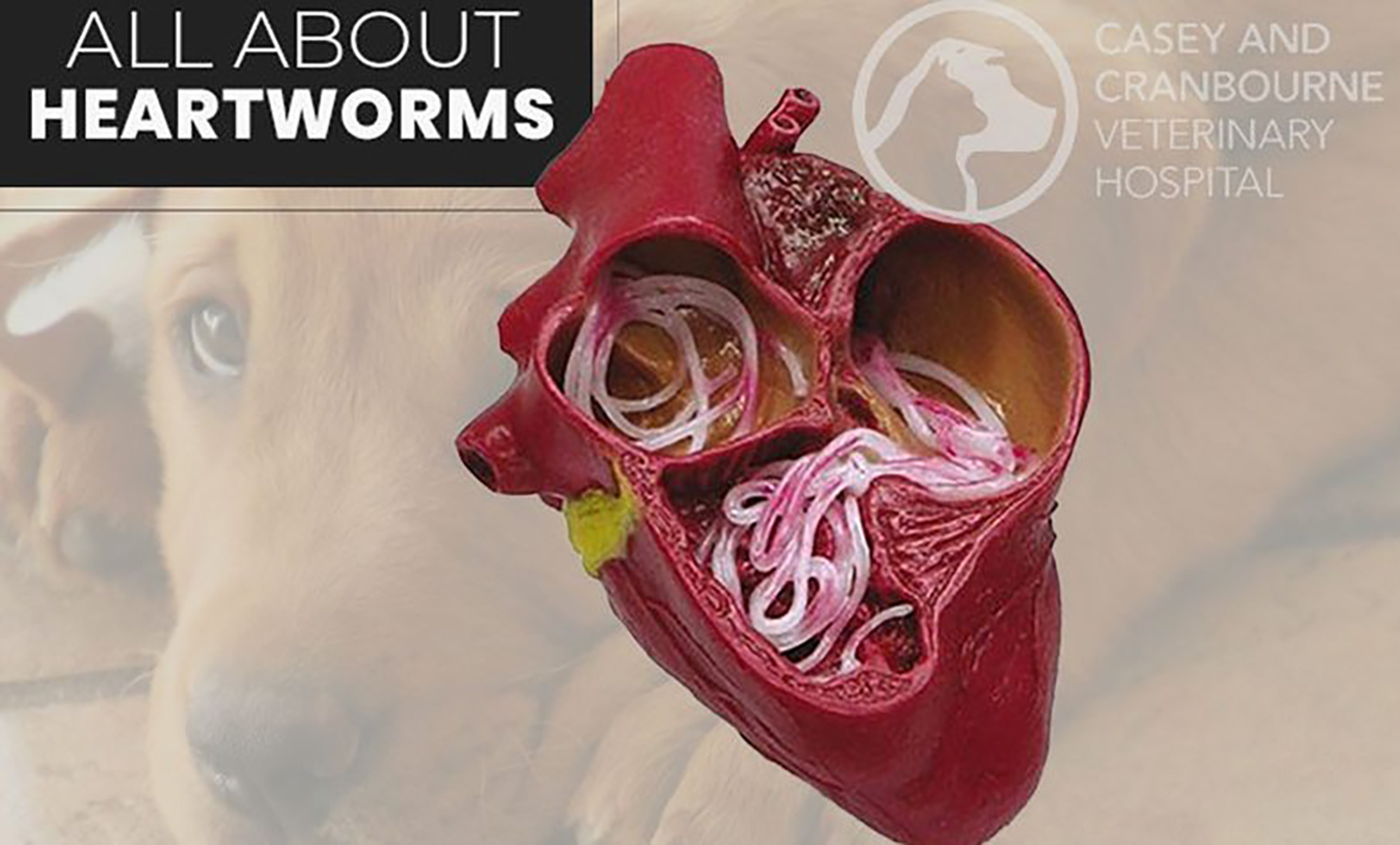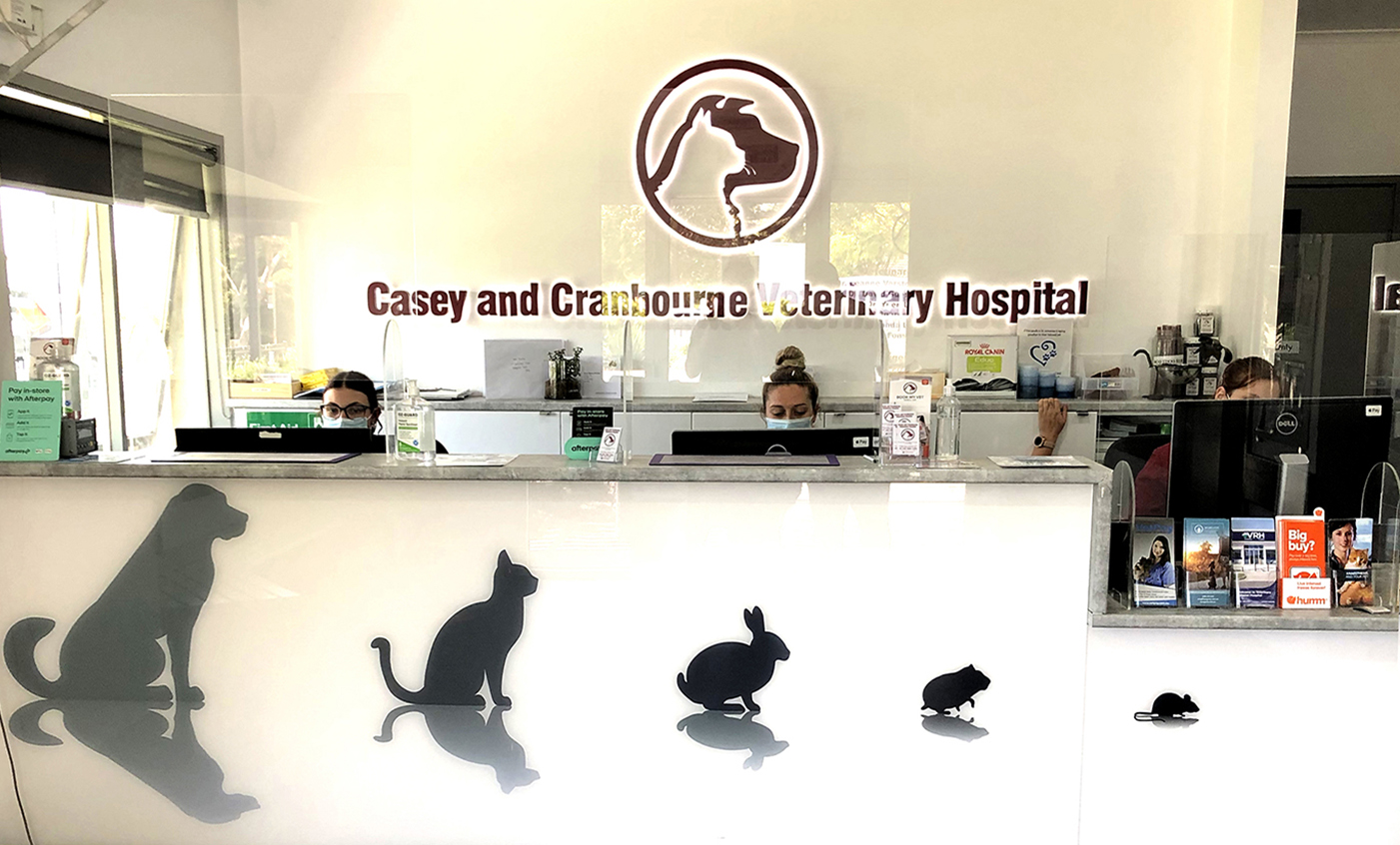WARNING: Pets vs Snakes
In the warmer summer months, snakes become much more active. It is crucial that we are careful to safeguard our pets from snake bites and watch out for the warning signs that will indicate if our pets have been bitten. Armed with curiosity and natural hunting instincts, it’s not uncommon for our favourite four legged friends to attempt to chase or kill snakes, putting themselves at risk of being bitten.
How you can protect your pets from snakes
Snakes are attracted to food and water sources and safe, quiet places to hide. To make your backyard less appealing to snakes, keep the grass cut low and your property clear of piles of rubbish and other objects where snakes may be able to hide (e.g., wood piles).
There are no specific methods of training to teach your pets not to chase snakes so the best form of protection is to keep your animals away from them. If snakes are common in your area you could consider building a snake-proof fence around all or part of your property. To ensure your cat’s safety, keep it indoors with access to a snake-proof outdoor enclosure. If you are walking your dog close to bushland, especially near water during the summer months, you should keep your dog on a lead and avoid long grassy areas.
What to do if your pet has been bitten by a snake
The sort of reaction your pet has to a snake bite is determined by the type of snake, the amount of venom injected and the site of the snake bite. Generally, the closer the bite is to the heart the quicker the venom spreads to the rest of the body. In addition, at the beginning of summer, snakes’ venom glands are fuller and their bites more severe.
The tiger and brown snake are responsible for most of the snake bites in domestic pets and can be fatal.

Signs of a snake bite include:
- Sudden weakness followed by collapse.
- Shaking or twitching of the muscles and difficulty blinking.
- Vomiting.
- Loss of bladder and bowel control.
- Dilated pupils.
- Paralysis.
- Blood in urine.
If you think your pet has been bitten by a snake, keep them as calm and quiet as possible and bring them in to the clinic immediately. The chance of recovery is much greater if treated early.
At Casey and Cranbourne Veterinary Hospital, we stock multiple vials of the combined tiger-brown snake anti-venom. Depending on the amount of venom injected, the location of the bite and response to treatment, some pets need more than one vial of anti-venom to survive.
What to do if there is a snake in your garden or house
If you see a snake on your property do not try to catch or kill it. Most snakes in Victoria are venomous and will strike if provoked. Walk away from the snake slowly and keep an eye on it from a safe distance (several metres away). Keep your pets safely away from it and call the Department of Environment and Primary Industries (DEPI) who will provide the names and details of your local snake catchers. If the snake is inside the house, close the door of the room it is in and place a towel under the door before calling the DEPI



